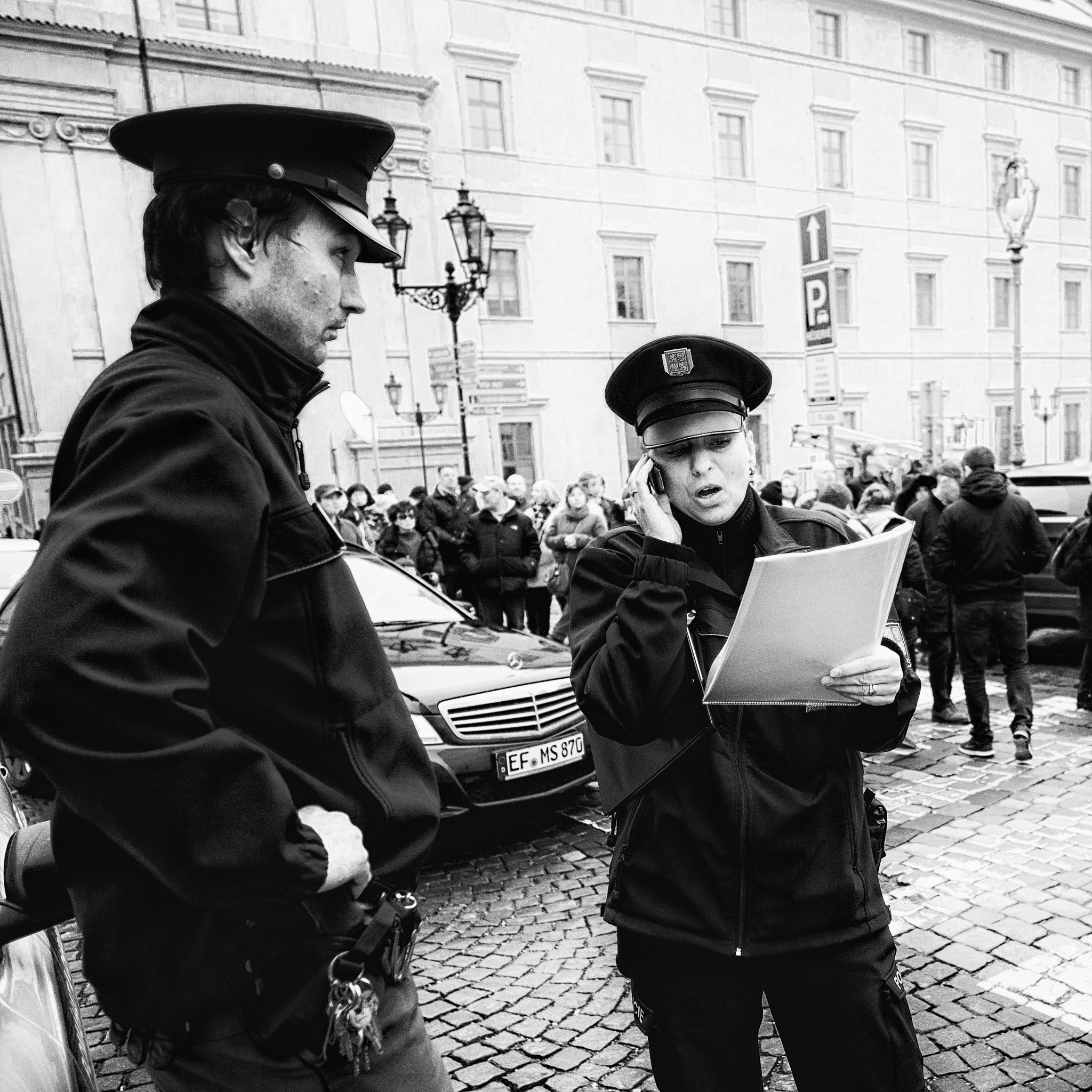Európska prokuratúra a jej postavenie v podmienkach Slovenskej republiky
The European Public Prosecutor's Office and its position in the conditions of the Slovak Republic
Abstrakt: Európska prokuratúra vznikla v októbri 2017 na základe nariadenia Rady (EÚ) 2017/1939, ktorým sa vykonáva posilnená spolupráca na účely zriadenia Európskej prokuratúry. Prijatie nariadenia si vyžiadalo viaceré významné zmeny na úrovni vnútroštátneho právneho poriadku a prinieslo nových aktérov do procesu vyšetrovania a trestného stíhania páchateľov trestných činov poškodzujúcich finančné záujmy Európskej Únie. V článku autorka rozoberá vznik Európskej prokuratúry so zameraním na najdôležitejšie dokumenty v procese kreovania Európskej prokuratúry a analyzuje postavenie, štruktúru, organizáciu a právomoc Európskej prokuratúry. Autorka rozoberá relevantné zmeny vykonané vo vnútroštátnych právnych predpisoch za účelom zabezpečenia riadneho fungovania EP a objasňuje postavenie a rolu jednotlivých súčastí Európskej prokuratúry vo vyšetrovaní a trestnom stíhaní vecí spadajúcich do jej pôsobnosti.
Kľúčové slová: Európska prokuratúra, európsky prokurátor, európsky delegovaný prokurátor, hlavný európsky prokurátor, trestné činy poškodzujúce finančné záujmy Únie.
Abstract: The European Public Prosecutor's Office was established in October 2017 based on Council Regulation (EU) 2017/1939 of October 2017 implementing enhanced cooperation on the establishment of the European Public Prosecutor's Office (‘the EPPO’). The adoption of the regulation required several significant changes to relevant national law and brought new subjects into the process of investigation and prosecution of the perpetrators of criminal offenses against the financial interests of the European Union. In the article, the author discusses the creation of the EPPO with a focus on the most important documents of this process and analyzes the status, structure, organization, and competence of the EPPO, as well as the status of its integral parts in the Slovak national law. The author discusses the relevant changes made to national law to ensure the proper functioning of the EPPO and clarifies the role of the integral parts of the EPPO in the investigation and prosecution of matters within its jurisdiction.
Key words: EPPO, European Prosecutor, European Delegated Prosecutor, European Chief Prosecutor, Crimes against the Financial Interests of the Union.
